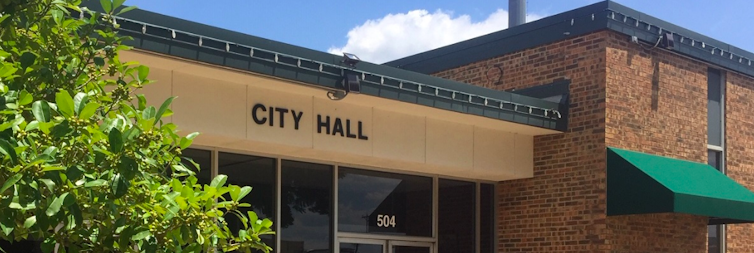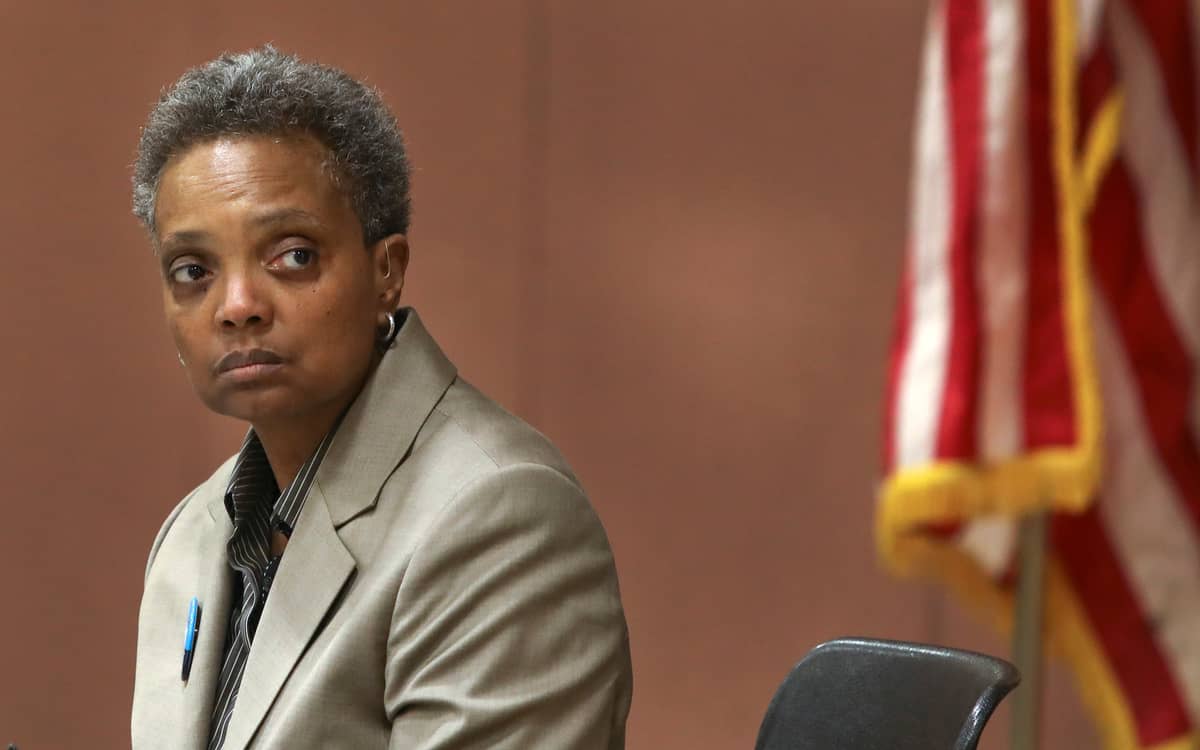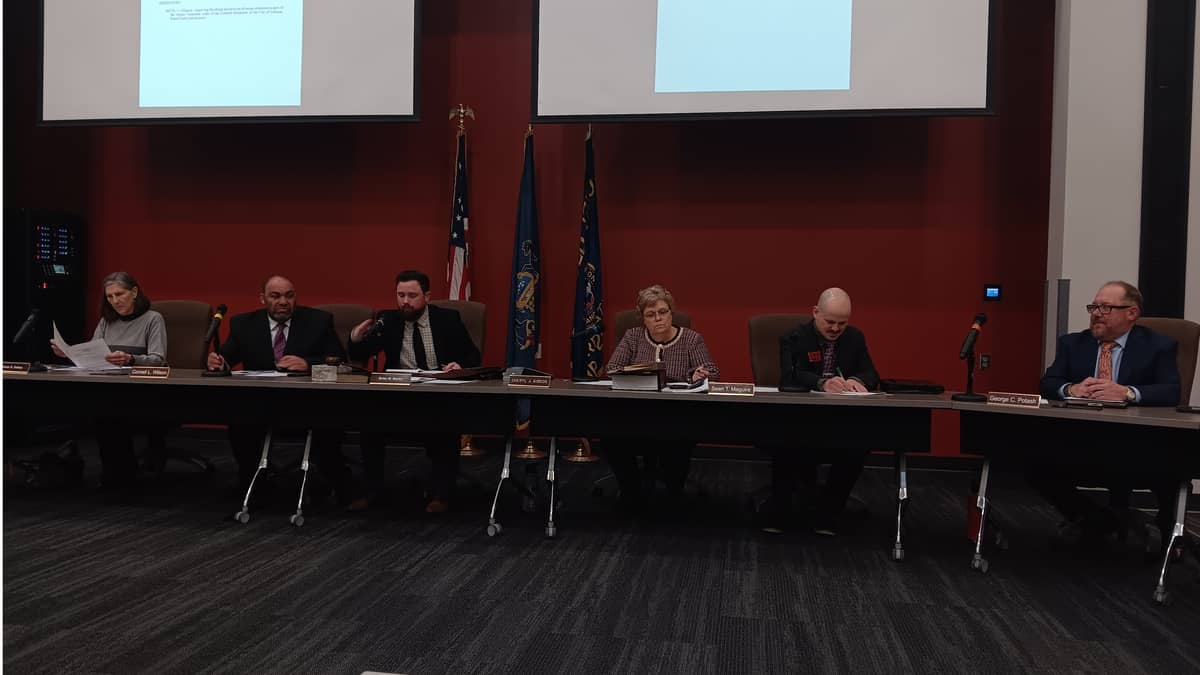Editor’s Note: LebTown occasionally runs articles shared with us by The Conversation US, an independent and not-for-profit newsroom focused on increasing common ground by providing better access to information. We thought this article was relevant to our previous editorials on how the state is responding to the coronavirus pandemic.
By David Cuillier, University of Arizona
Students at the University of Florida who want to know how they are being protected from the COVID-19 pandemic can’t find out.
The university is hiding its emergency response plan under a legal loophole intended to keep terrorists and enemy combatants – not viruses – from exploiting government weaknesses.
Since the spread of coronavirus accelerated in recent weeks, local, state and federal officials throughout the United States have locked down information from the public. Examples include:
The city of Palestine, Texas, banned a news reporter from a city council meeting on March 23, even though fewer than a maximum of 10 people would be in the room, and did not allow the public to listen in on the meeting through a toll-free phone number, as required by state law.
The Council of the District of Columbia decided on March 19 that district employees do not have to respond promptly to public records requests any more.
The FBI no longer accepts requests for information online or by email because of the virus. If anyone wants information they must mail their request, which ironically is more apt to pass along the virus.
Throughout the country, journalists are barred from talking to staff at public hospitals and locations serving the sick. And with administrators limiting access to the hospital itself, journalists are unable to tell the public what is happening. Precautions can be taken to protect the health of everyone concerned and protect the privacy of patients.

FBI
‘Cloudy Week’?
And this is just in the United States. The Philippines threatens journalists with prison time for spreading false news about the virus, and the Committee to Protect Journalists is tracking the arrests of reporters in Venezuela, Niger, India and elsewhere, regarding coronavirus coverage.
Ironically, most of these information crackdowns started in mid-March, during national Sunshine Week, a time when news organizations and others promote citizens’ rights to access government information.
Some agencies are making the case that responding to records requests is not an essential need or function. Research suggests that access to government information is indeed essential for our health and well-being. Studies have shown that making government information open leads to cleaner drinking water, safer restaurant food, less corruption and more confidence in government.
James Hamilton, an economist from Stanford University, found that for every $1 spent by news organizations on public records-based investigative reporting, the public derives $287 in benefits. The free flow of information makes for a better society and a better economy. It’s a smart return on investment.
Indeed, businesses use public information more than anyone else – studies have shown that at some federal agencies three-quarters of Freedom of Information Act requests are submitted by commercial interests. Maintaining a free flow of information actually greases the nation’s economic machine, which could be more important than ever given its state today.

City of Palestine, Texas, screenshot
Crisis as opportunity
The recent information closures are reminiscent of actions immediately following the terrorist attacks of Sept. 11, 2001, when governments closed massive amounts of information, including records showing the dilapidated conditions of bridges and dams.
Rather than limiting public information, however, agencies can use this crisis as an opportunity to take governance to the next level – making government even more accessible to the public it serves.
A statement signed by 132 nonprofits from a broad spectrum of industries and political persuasions was issued on March 20, urging a measured response that serves the public interest.
“We strongly urge government branches and agencies to recommit to, and
not retrench from, their duty to include the public in the policy-making process, including policies relating to COVID-19 as well as the routine ongoing functions of governance,” the organizations wrote.
The National Freedom of Information Coalition, a nonprofit that provides education and research for citizens in acquiring government information, organized the statement. I serve as the coalition’s president, have testified before Congress several times regarding the Freedom of Information Act, teach classes on accessing information and publish research on the state of access in the United States.
Some of the recommendations included:
- Postpone nonessential government business decisions until after thepandemic has subsided, when the public can once again fully engage.
- Move necessary decisions online in live-streamed meetings accessible to all, including opportunities for public input and questions. Record the streams and post the recordings so people can view it later.
- Do not conduct the public’s business via private channels, such as social media, texting and phone calls. (This holds true all the time, but especially now.) All official communications should be preserved and made accessible to the public online.
- Post documents and data online as a matter of course so people don’t have to request it and government workers don’t have to take the time to retrieve and disseminate them.
- Officials can provide journalists greater access to hospitals and other health installations, applying safety precautions and protecting the privacy of victims.
Efforts to make government more accessible now can result in permanent improvements in the future, to better serve citizens who are homebound or too busy with work and child-rearing to attend a local government meeting.
Sometimes it takes a crisis to pull together and move forward, as citizens and government working together, fully engaged and well-informed.
Editor’s note: The University of Florida is a funder of The Conversation US.
This article is republished from The Conversation under a Creative Commons license. Read the original article.

























